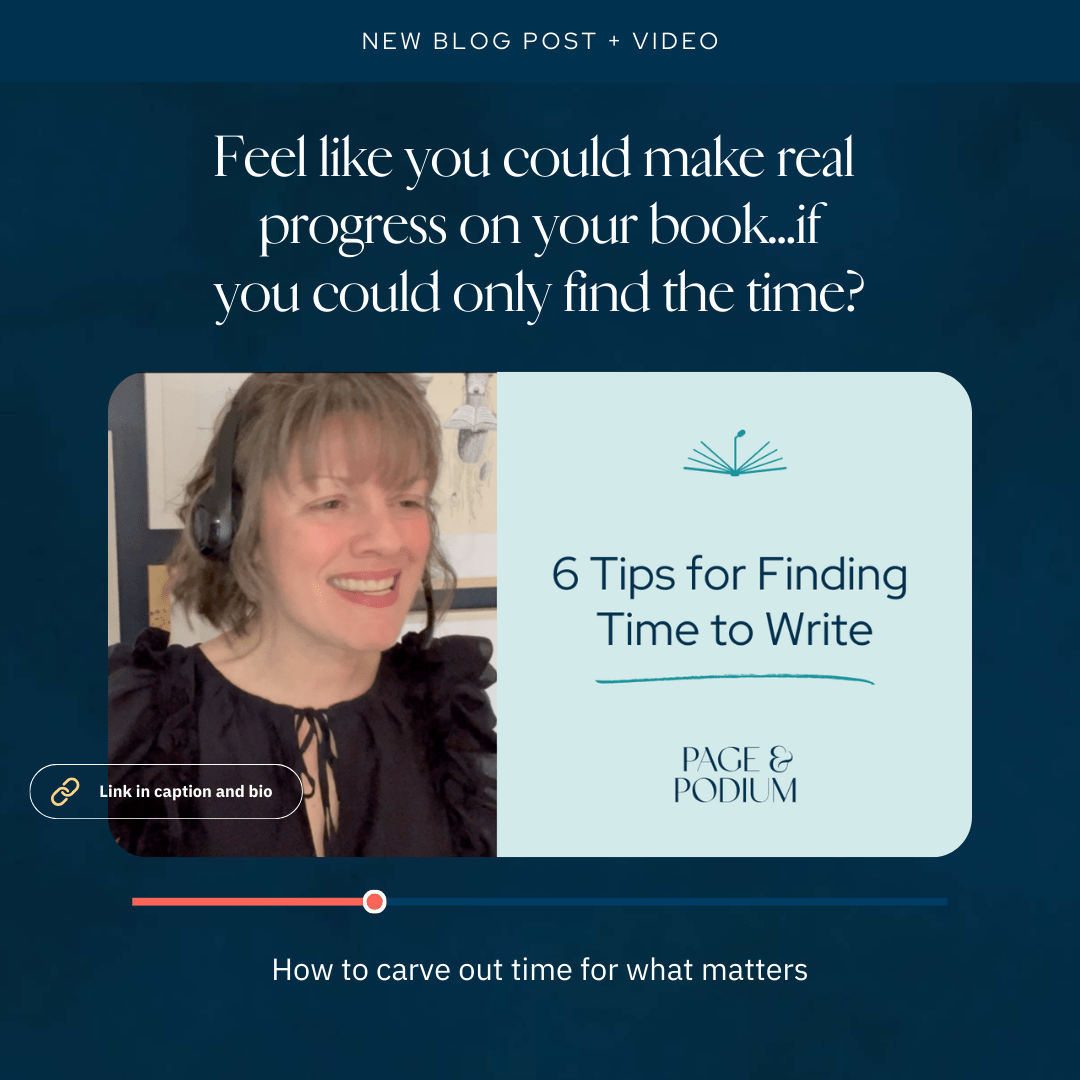The most common mistake debut authors make is failing to trust their readers. Afraid to look inexperienced or uncertain, they overcompensate by explaining every tiny detail to readers. They falsely believe that an unfamiliar (but easily looked up) word will reflect poorly on them. They worry that their stories might be misconstrued or that their point needs to reiterated over and over and over again to make sure readers don’t walk away with the “wrong” lesson.
Stop this.

The joy of reading is in the discovery. When you over-explain, you rob your readers of that pleasure—they want to piece some things together on their own! It’s not only an enjoyable part of reading. It’s also a key part of how we learn and process new ideas.
And if that doesn’t convince you, consider this: every explanation, intervention, and definition is like a breadcrumb to your deepest insecurities. It’s harsh, I know. But it’s true. Who do you see as more competent: someone who rambles on and on so you can’t get a word in edgewise, or someone who listens with measured consideration, then slowly and deliberately offers a single pithy insight? The former speaker doesn’t trust their listener—and they look silly as a result.
The latter speaker trusts their listener. So their listener trusts them.
“The joy of reading is in the discovery. When you over-explain, you rob your readers of that pleasure—they want to piece some things together on their own!”
If you want to tell your story with the confidence of an expert, you must trust your reader. Experts don’t over-explain, hedge, or repeat themselves. They don’t need to. Their command shows, so it doesn’t need to be told.

We want you to look like the expert you are. So, if we write your book, we will do everything in our power to convince you to present yourself that way.
But if you’re writing on your own, we can offer some advice:
Resist the urge to define higher level worlds—trust the reader to know them (as you do!) or look them up. Resist the urge to describe every detail of every character’s appearance, demeanor, and perspective—trust the reader to paint their own picture, which will help them relate to the characters more than if you try to force your vision onto them. And at all costs, resist the urge to editorialize on what a scene means—trust the reader to intuit the meaning within the story’s world.
When you force your explanation into the writing, you sever the connection between the reader and the story’s world. Expert writers avoid this at all costs.



